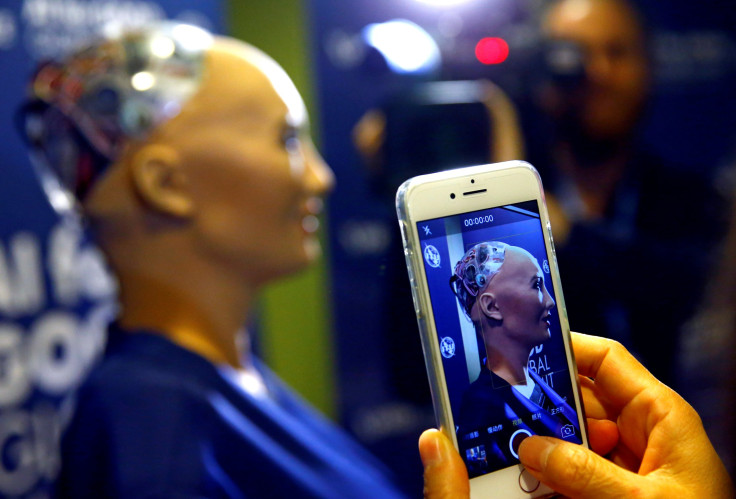Medication Management System That Uses AI To Help Doctors Treat At-Risk Patients Better

Poor obedience of patients towards taking suggested medicines is a widespread problem, which leads to poor health outcomes and inflates healthcare costs. According to the U.S. National Library of Medicine, 75 percent of Americans face trouble taking medicine as instructed by their doctors.
Israeli personalized medication management platform, Medisafe, wants to change this using artificial intelligence (AI). The start-up uses AI and machine learning on its medication adherence platform. It passively collects data from patients, such as medications prescribed, health measurements and uses self-learning algorithms, which can help a patient adhere to instructed medication better. It also partners with players in the U.S. medical industry to bring in data to help identify and better treat at-risk patients.
Read: How AI Technology Adoption In Healthcare Is Changing The Industry
“Medisafe is a medication adherence platform to address the wide-ranging impact of nonadherence. Research shows that poor medication adherence costs the U.S. health care system between $100 billion and $289 billion annually and the 125,000 people die from nonadherence each year,” Medisafe founder, Omri Shor stated in an email to International Business Times on Wednesday.
Patients can enter their medication data through databases such as Elsevier including medication names, dosages, frequency, pill shape and color or patients can import their medications directly from pharmacies such as CVS, Walgreens, Rite-Aid and even Wal-Mart. Once the patients download the Medisafe app, they will be reminded whenever they need to take their medicines. Users can then either enter the doses they take on the app or use the company’s iCap — a Bluetooth based cap — put on bottles to communicate, when and how they are taking their medication. The information can then be easily shared with caregivers and doctors.
If the patient and doctor both agree to participate on the medical adherence platform, the data is available for both to see and act accordingly. The company also provides a virtual pillbox, which lets patients manage complex medication.
The platform is a virtual database to let doctors easily see at-risk patients who might not be able to adhere to their medicine, whether it is because of behavioral, condition or even healthcare system factors.
AI-based mobile health apps can help create better medical adherence. According to the U.S. National Library of Medicine, around 33-69 percent medication related hospital admissions happen due to non-adherence, which costs around $300 billion, including both direct and indirect costs.
“Many barriers can lead to poor medication adherence, such as the prohibitive high costs and copayments that some people must pay for their prescription medicines. Patients frequently have difficulty remembering or managing multiple medications or complex regimens, often prescribed by multiple doctors, or they do not understand the reasons for and importance of drug therapy. Poor health literacy is another barrier and an important contributor to non-adherence,” Regina M. Benjamin, the former U.S. Public Health Service Surgeon General stated in a paper titled "Medication Adherence: Helping Patients Take their medicines as directed" in 2012.
Public health data is a mine for doctors and health service providers since each patient represents a different data set and even multiple doctors can have differing opinion on a subject. Advanced technologies such as AI and machine learning can help sort out this data and help create approaches that would help at-risk patients.
© Copyright IBTimes 2025. All rights reserved.





















